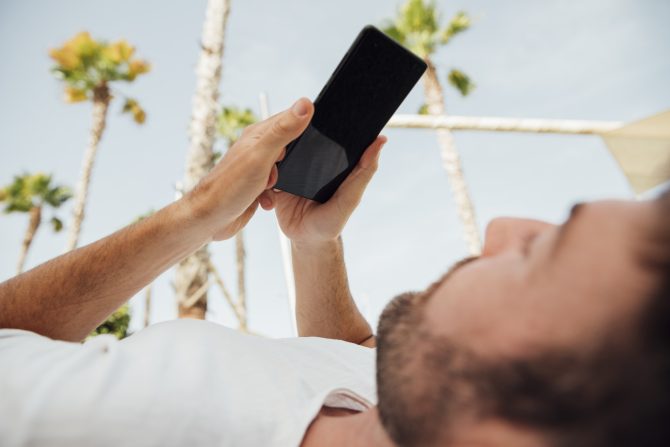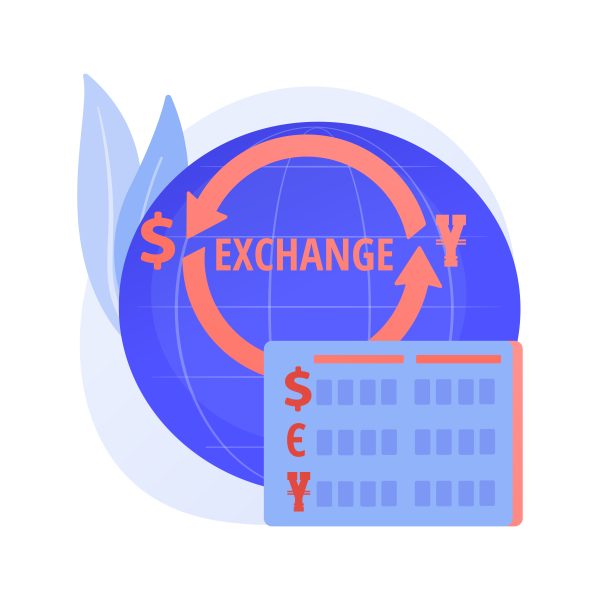The expense of food, hotel, and sightseeing may rapidly mount up when traveling.
You may be wondering how to properly manage your money when traveling so that you may relax and enjoy yourself. After all, you’ve worked hard to save, and now you have a large sum of money to spend on traveling across the world. But how do you handle your money while traveling from one country to the next? How do you get it inexpensively and securely? What happens if something goes wrong? How do you avoid running out of money halfway around the world? To address these issues, we’ve put together this extensive guide to managing money while traveling, which draws on our own travel experience and advice from other long-term travelers from around the world. 
Let Technology Help
It is impossible to stress enough the importance of remaining connected while traveling. Because we live in a digital age, it is pretty simple to have remote access to your budgeting and financial tools. You can budget, save, and manage your finances while on the road. Many modern travelers need help managing their finances overseas, such as banking, budgeting, investing, saving, and trading. It is critical to have apps on your device to assist you in carrying out these necessary duties. For example, you could have an online banking app to check your finances or a TradingView app to monitor your investments while away.
Create a Budget
After you’ve determined where to go, budgeting can be one of the most critical components of your vacation plan. You’ll be able to see where your money is going if you take the time to establish a spending plan. This helps you avoid overspending, which may result in you running out of money in the middle of your trip and having to rely on friends and family or even returning home with a massive credit card bill. Think about how long you’ll be gone and how much money you’ll spend each day. This includes activities, gratuities, lodging, meals, souvenirs, transportation, etc. While you should keep to your budget the majority of the time, make it flexible and allow for occasional splurges so that you can enjoy your trip to the fullest.
Notify Your Bank
Before you go, notify your bank that you will be traveling abroad. This will save you the time and trouble of having your card banned or declined. This could happen at an ATM, when purchasing with a credit card, or when topping up a prepaid travel money card. If your card is blocked, you may have to contact your bank and suffer substantial phone expenses. Let your bank know where you want to travel and when, and keep them updated on any changes to your plans if feasible. 
Know the Exchange Rates
Make sure you understand the exchange rates from that country’s currency to your local currency in whatever place you visit. You can use the TradingView app to help with this. Create a computation to use while shopping to determine whether you’re getting a good deal or being taken advantage of. When purchasing anything, double-check the price you’re paying. When paying by card, be sure you understand the amount before completing your payment.
Book Travel Insurance
You should think twice about making travel plans without first obtaining travel insurance! Travel insurance provides peace of mind and protects you against any dangers that may arise during your vacation, such as accidents, airline cancellation, illness, luggage loss, theft, etc. Furthermore, it saves you money on hospital bills and pays you for your losses!
Don’t Leave Yourself with Cash
Because some currencies cannot be used or exchanged outside the nation, spend or exchange all of your cash before leaving. It also helps only to withdraw a little money in your final few days, so you don’t end up with a large sum of money.
Track Your Spending
Finally, once you’ve made a realistic budget and are on the road, you must keep track of your spending. People who have to return early usually have no idea how much money they are spending on the road. You can tell if you’re on track or overpaying by tracking every expense (in which case you can correct your spending). This is the most critical thing you can do to ensure your money lasts!
ADVERTISEMENTS









